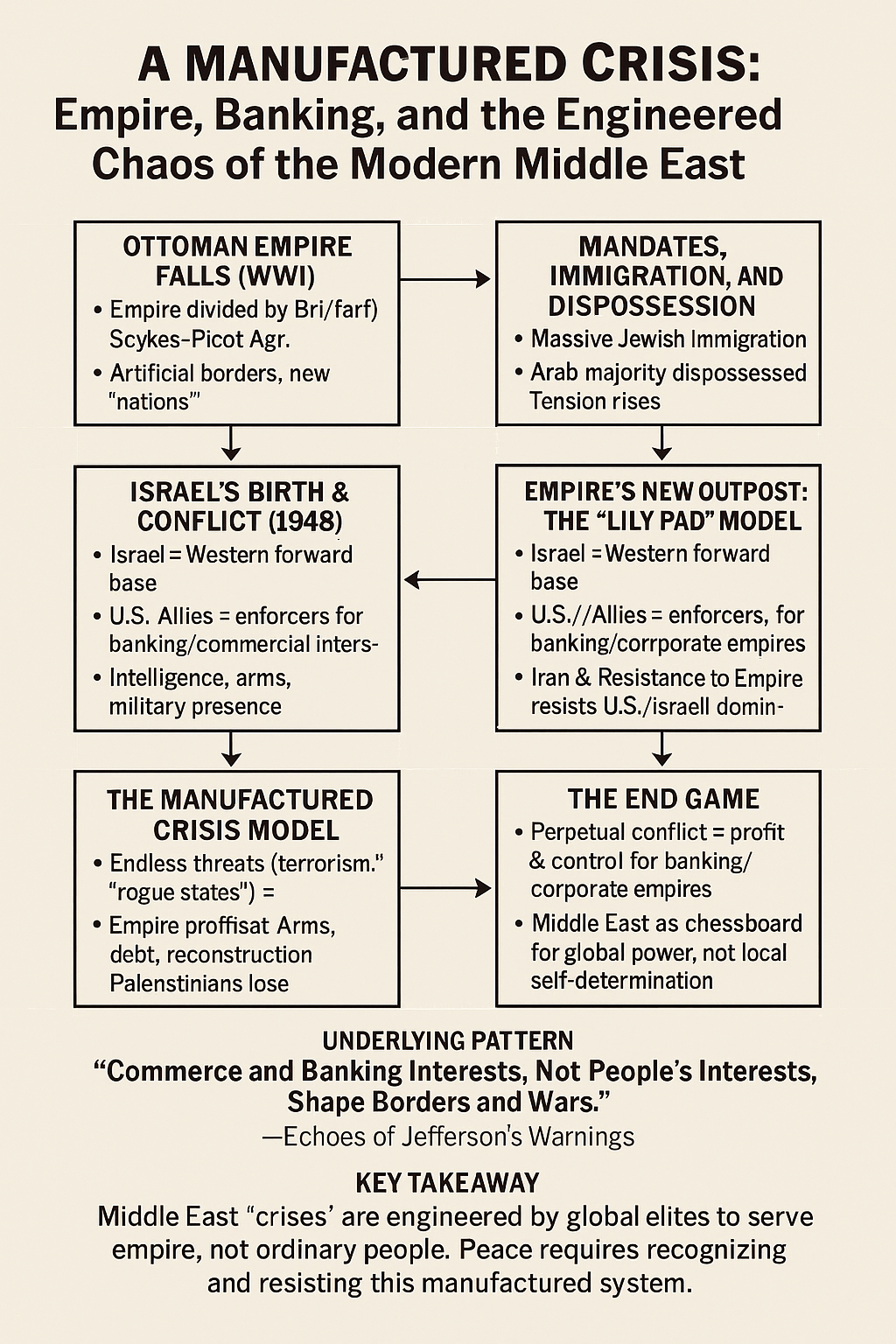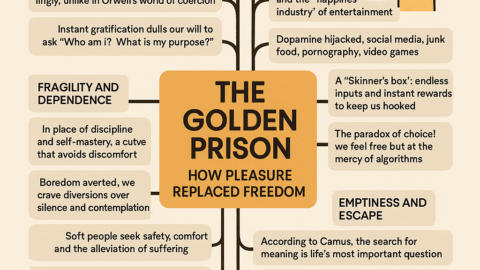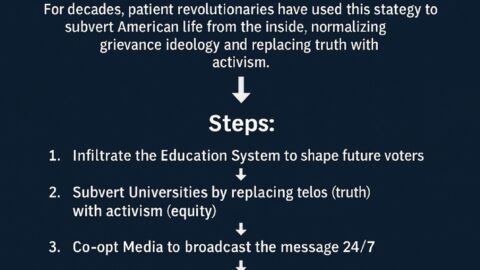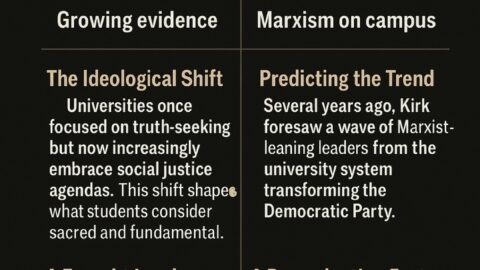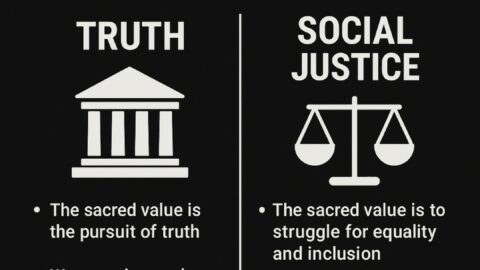Introduction
The Middle East, as we know it today, is less the product of ancient hatreds or immutable religious boundaries, and far more a geopolitical and economic construction by external empires, global banking elites, and the evolving needs of modern commerce states. The ongoing conflict between Israel and its neighbors—especially Iran and the Palestinians—cannot be fully understood apart from this historical scaffolding, where war, migration, and national identity are all shaped by larger, often hidden, hands. To see the present clearly, we must trace the fingerprints of empire and finance on the entire region.
The Shattering of the Ottoman Order: The Road to Chaos
The Ottoman Empire had ruled the Middle East for centuries with a patchwork of religious autonomy and relative regional stability. World War I shattered this structure. As chronicled in David Fromkin’s A Peace to End All Peace, the British and French—hungry for imperial expansion and at the urging of commercial interests—dismantled the Ottoman domains through a series of secret agreements (Sykes-Picot) and public proclamations (such as the Balfour Declaration).
Key Drivers:
- The Balfour Declaration (1917): Britain promised a “national home for the Jewish people” in Palestine, which was then predominantly Arab and Muslim. This was no mere act of benevolence; it was tied to securing support and financing from influential banking interests—especially the Rothschilds—and shoring up Britain’s position in the post-war order.
- Divide and Rule: New artificial borders were drawn with little regard for ethnic, religious, or tribal realities, sowing the seeds for endless future conflict.
The Birth of Modern Israel: Immigration, Violence, and Dispossession
- Jewish Immigration and British Mandate: With the British Mandate, Jewish immigration to Palestine accelerated. Tensions rose as Jewish settlers bought land (often from absentee landlords), displacing local Arab tenant farmers, and as Zionist militias grew in strength and ambition.
- 1947 UN Partition Plan: The United Nations, heavily influenced by Western powers, proposed a partition of Palestine. Arab leaders rejected it, seeing it as theft of their ancestral land.
- The Nakba (Catastrophe): The 1948 war and Israel’s declaration of independence led to the displacement of over 700,000 Palestinians, the destruction of hundreds of villages, and the creation of a massive refugee population.
Terror and Counter-Terror:
Both sides committed acts of violence, but the new Israeli state’s use of paramilitary groups (like the Irgun and Haganah) against both the British and Palestinians is rarely discussed in mainstream Western accounts. Israel’s first Prime Minister, David Ben-Gurion, was considered a terrorist by both the British and Arabs—a stark contrast to the heroic mythos found in many Western narratives.
The Empire’s Long Arm: Banking, Commerce, and Manufactured Nations
Jefferson’s Warning and the “Lily Pad” Model
Thomas Jefferson and the American Founders warned incessantly about “entangling alliances” and the dangers of becoming the enforcement arm for international banking and commerce. What we see in the U.S.-Israel relationship, and across the modern Middle East, is precisely what they feared:
- The U.S. and Allies as Empire: America and its allies act not simply as states, but as vehicles for global financial and corporate interests. Israel, strategically located and well-armed, serves as a forward base (“lily pad”)—a regional enforcer and destabilizer, keeping rivals weak, divided, and dependent.
- The Role of Banking: Major international banks, often with deep historical ties to families like the Rothschilds, have financed not only the state of Israel but also many of the wars and “reconstruction” projects that follow in the wake of destruction. Debt, reconstruction contracts, and arms deals all funnel back to the same nexus of global capital.
- Manufactured Consent: Western populations are bombarded with narratives that cast Israel as the eternal victim and regional wars as struggles for democracy—justifying endless intervention and perpetual war profits.
The Iranian Revolution: Resistance to Empire
- 1953 CIA Coup in Iran: The U.S. and Britain orchestrated a coup to overthrow Iran’s democratically elected Prime Minister Mohammad Mossadegh after he nationalized oil. They installed the Shah—a brutal dictator who served Western interests for decades.
- 1979 Islamic Revolution: Iranians overthrew the Shah and established an anti-Western theocracy. Iran’s hostility toward Israel is rooted not simply in theology, but in a memory of exploitation and a desire to resist the empire that once ruled them through proxies.
- Terrorism and Resistance: What the West calls “terrorism” is, in the eyes of many in the region, a form of asymmetric warfare against occupation, dispossession, and foreign control.
The Palestinian Plight: Dispossession and the Engineered Statelessness
Since 1948, Palestinians have seen their land shrink, their rights evaporate, and their existence reduced to that of stateless refugees or second-class citizens. U.S. support for Israel, including military and diplomatic aid, has perpetuated this reality.
- Land Losses: Palestinians have lost over 80% of their historical land.
- Blockade and Occupation: Gaza and the West Bank are cut off, under constant surveillance, economic blockade, and military control.
- International Law Ignored: Multiple UN resolutions against Israeli occupation have been vetoed or ignored, reinforcing the reality that power, not law, rules.
Manufactured Threats and the Logic of Perpetual War
Drawing from the “Report from Iron Mountain” and Adam Curtis’s “The Power of Nightmares,” we see the state’s need to manufacture existential threats to justify control. Whether it’s communism, terrorism, or “rogue states” like Iran, these threats serve to rally populations, maintain military budgets, and keep the wheels of empire turning.
- Permanent War Economy: As Eisenhower warned, the military-industrial complex profits from conflict and lobbies endlessly against peace.
- The Empire of Commerce: The U.S. and its allies aren’t just fighting for territory or ideology—they’re fighting to maintain a global system of finance, trade, and resource control, with Israel as a critical outpost.
The End Game: Hegemony or Ruin?
So what is the end game? History suggests a few options:
- Perpetual Conflict: The cycle of war, displacement, and instability continues—profitable for some, disastrous for most.
- Greater Israel & Bifurcated Middle East: Some Zionist ideologues envision a region where Israel dominates and rivals are forever weakened.
- Resource & Trade Security: Securing energy routes and markets for the West and its allied commercial powers.
- Population Management: Using permanent crises (wars, terrorism, economic collapse) to justify surveillance, authoritarianism, and the suppression of dissent.
- Banking and Corporate Profiteering: International banks and corporations continue to extract wealth through debt, arms sales, and “reconstruction.”
But as Jefferson and other wise voices warned, this path ends in blowback, bankruptcy, and the decay of republican virtue. The only alternative is a radical rethinking of alliances, a return to principles of self-determination, and a demand that foreign policy serves the interests of the people—not elites and empire.
Conclusion: The Price of Manufactured Peace
The tragedy of the modern Middle East is not just the endless suffering of its people, but the way their lives and lands have been shaped by forces far beyond their control. Only by confronting the uncomfortable truths of empire, banking, and manufactured crisis can we hope to build a peace that is more than another pause between wars. As students of history and advocates for justice, we are called to see beyond propaganda and stand for real self-determination—for all peoples, everywhere.
Further Reading & References:
- A Peace to End All Peace by David Fromkin
- Confessions of an Economic Hit Man by John Perkins
- The Power of Nightmares (documentary) by Adam Curtis
- Report from Iron Mountain
- Writings of Thomas Jefferson on commerce, alliances, and banking
- UN records on Middle East resolutions

